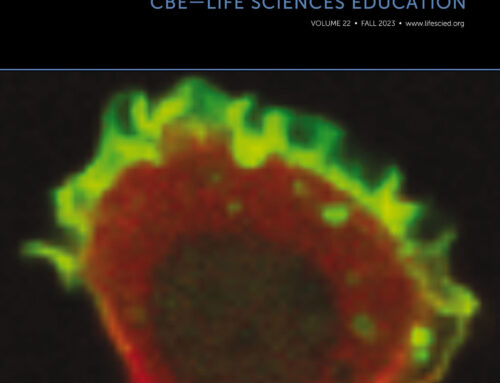Jean Stockard (a), Celeste M. Rohlfing (b), and Geraldine L. Richmond (c)
(a) Department of Planning, Public Policy and Management, University of Oregon, Eugene, OR 97403
(b) Committee on the Advancement of Women Chemists (COACh), University of Oregon, Eugene, OR 97403
(c) Department of Chemistry, University of Oregon, Eugene, OR 97403
Contributed by Geraldine L. Richmond, November 20, 2020 (sent for review October 7, 2020; reviewed by Arthur Bienenstock and Victor McCrary, Jr.)
Abstract
Recent events prompted scientists in the United States and throughout the world to consider how systematic racism affects the scientific enterprise. This paper provides evidence of inequities related to race–ethnicity and gender in graduate school experiences and career plans of PhD students in the top 100 ranked departments in one science, technology, engineering, and math (STEM) discipline, chemistry. Mixed-model regression analyses were used to examine factors that might moderate these differences. The results show that graduate students who identified as a member of a racial/ethnic group traditionally underrepresented in chemistry (underrepresented minorities, URM) were significantly less likely than other students to report that their financial support was sufficient to meet their needs. They were also less likely to report having supportive relationships with peers and postdocs. Women, and especially URM women, were significantly less likely to report supportive relationships with advisors. Despite their more negative experiences in graduate school, students who identified as URM expressed greater commitment to finishing their degree and staying in the field. When there was at least one faculty member within their departments who also identified as URM they were also more likely than other students to aspire to a university professorship with an emphasis on research. Men were significantly more likely than women to express strong commitment to finishing the PhD and remaining in chemistry, but this difference was stronger in top-ranked departments. Men were also more likely than women to aspire to a professorship with an emphasis on research, and this difference remained when individual and departmental-level variables were controlled.
Continue reading “Equity for women and underrepresented minorities in STEM: Graduate experiences and career plans in chemistry” on PNAS, or view/download the PDF.




Leave A Comment
You must be logged in to post a comment.